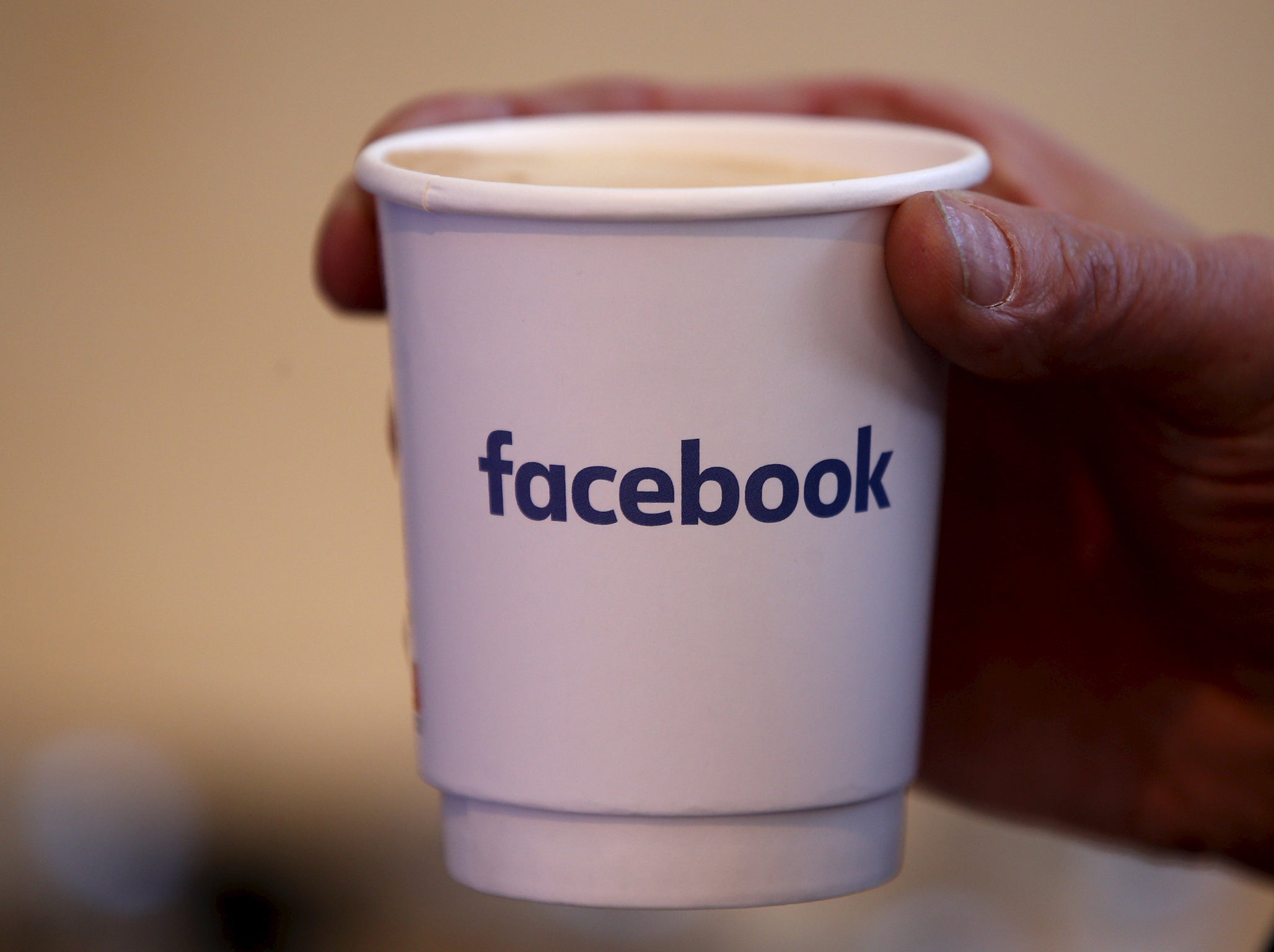Facebook Messenger accidentally reveals when all of its users are asleep or awake
The code for the tool has been posted on sharing sites, meaning that it could be used by anyone

Facebook Messenger accidentally reveals whether its users are asleep or awake.
A software developer has found a way to track the sleeping habits of his friends by looking at the activity data that the social network makes available. The information that the site sends out can be used to build up a complete picture of when people sleep and wake up — as well as other activities — completely without their knowledge.
The tool uses information about when people check their Facebook and Facebook Messenger, and uses that to decide when they might be awake or asleep. Since people tend to open the apps just before going to sleep and just after waking up, it’s easy to see with some accuracy when exactly people are active.
Facebook keeps specific logs of the last time that every person was active. It shows that information within conversations, showing a little note indicating that “This person was last active 3 hours ago”, for instance.
But a researcher called Søren Louv-Jansen found how Facebook stores that information — which includes “last active” times down to the second — and put that into a piece of code that can store it all up. The code checks Facebook every ten minutes to see when people were last active, and in doing so can build up a picture of when they were using the site.
All of that information can be pulled together to build up a picture of people’s activity throughout the day. As well as telling when people stop using the site for long periods — usually likely to indicate that they are asleep — it also shows when people are using it busily.
It’s likely that Facebook will turn off the hack and users can remove the “Last active” notification manually. But as Mr Louv-Jansen notes, it’s likely that Facebook could use the information in the exact same way — which would allow it to target ads at people who are staying up longer than they usually do, for instance.
Join our commenting forum
Join thought-provoking conversations, follow other Independent readers and see their replies
Comments